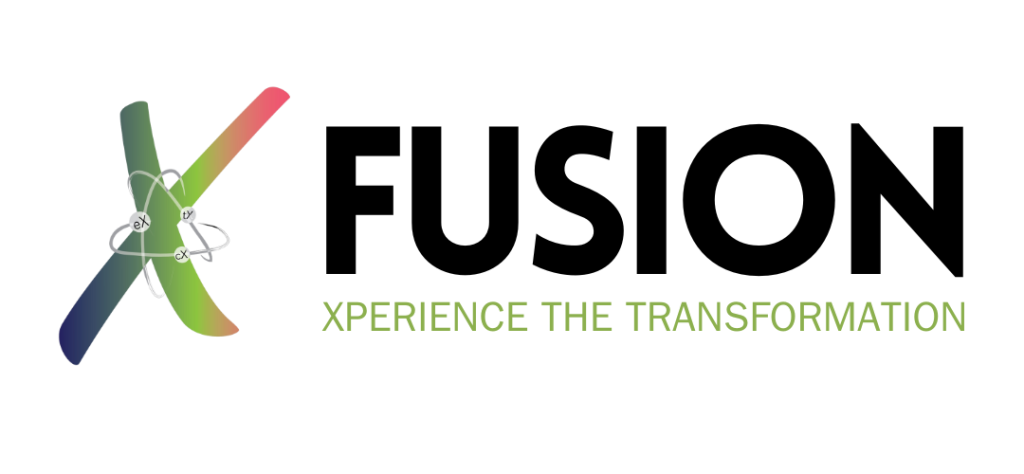As the year winds down, many of us feel a natural urge to pause, look back, and take stock of where we’ve been. Reflection—the intentional act of reviewing and analyzing past experiences—is a powerful practice that fosters both personal and professional growth. It helps us celebrate achievements, learn from challenges, and set meaningful goals for the future. Let’s explore why reflection is essential and how to incorporate reflective practices into our lives.
Why Reflection Matters
- Enhances Self-Awareness: Reflection allows us to understand our strengths, weaknesses, values, and motivations. By examining our actions and decisions, we gain insights into what drives us and where we can improve.
- Promotes Continuous Learning: Life and work are filled with lessons. Reflective practices help us extract these lessons, turning mistakes into opportunities for growth and successes into repeatable strategies.
- Fosters Gratitude: Taking time to reflect often reveals just how much we’ve accomplished and the support we’ve received along the way. This fosters gratitude and builds a positive mindset.
- Guides Future Planning: Reflection provides clarity on what truly matters. By analyzing past experiences, we can set more focused, attainable goals for the year ahead.
Key Reflective Practices
- Journaling: Writing about your thoughts, feelings, and experiences is one of the most effective ways to process and document your growth. End-of-year journaling prompts might include:
- What were my biggest achievements this year?
- What challenges did I face, and how did I overcome them?
- What did I learn about myself?
- Mind Mapping: Create a visual representation of your year, highlighting significant events, milestones, and lessons learned. This method is especially helpful for those who think visually.
- Feedback Sessions: Whether in a professional setting or with close friends and family, seek feedback about your actions and impact. This external perspective can uncover blind spots and reinforce strengths.
- Meditation and Mindfulness: Spend quiet time reflecting inwardly. Guided meditations focused on gratitude or growth can help you process emotions and set intentions for the future.
- Creating a Highlights Reel: Reflect on the year by curating photos, videos, or notes that represent significant moments. Revisiting these memories can be a joyful and enlightening experience.
Making Reflection a Habit
While the end of the year is an ideal time for deep reflection, integrating it into your routine year-round can amplify its benefits. Here’s how:
- Set Regular Check-Ins: Dedicate time weekly, monthly, or quarterly to review your progress and experiences.
- Ask Reflective Questions Daily: At the end of each day, consider asking yourself, “What went well today? What could I have done differently?”
- Use Technology: Apps and tools like digital journals or habit trackers can make reflection more accessible and engaging.
The Ripple Effect of Reflection
When we reflect, we don’t just grow as individuals; we inspire growth in others. Leaders who engage in reflective practices are better equipped to guide their teams, fostering a culture of continuous improvement and adaptability. On a personal level, reflective individuals tend to build deeper connections, as they’re more attuned to their own and others’ emotions.
Looking Ahead
As you prepare to turn the page on this year, take some time to pause and reflect. Celebrate your victories, acknowledge your efforts, and embrace the lessons learned. Reflection is not about dwelling on the past; it’s about using it as a springboard to leap into a brighter, more intentional future. Here’s to a year of growth, gratitude, and purposeful action!





